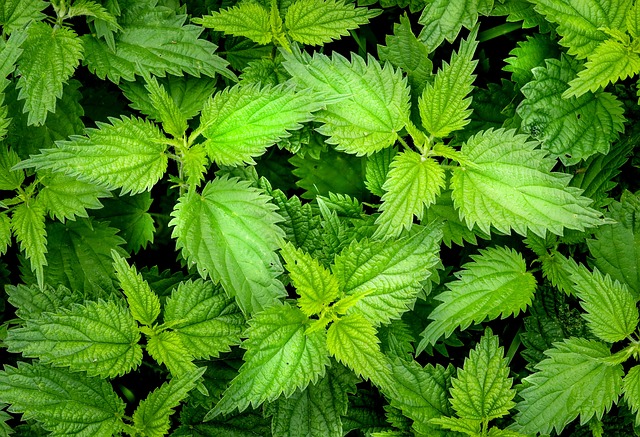2018 Farm Bill legislation has clarified the legality of hemp-derived THCA, a non-psychoactive cannabinoid found in raw cannabis, in North Carolina and many other states. As of the knowledge cutoff date, products containing less than 0.3% THC are permissible, leading to a surge in interest for THCA flower due to its therapeutic benefits, including pain relief and mood enhancement, without psychoactive effects. The market for THCA flower is expanding rapidly in North Carolina, with a growing variety of strains and improved product quality becoming more accessible. This growth reflects the evolving public opinion towards cannabis products and is expected to continue as research further explores THCA's potential health benefits. In North Carolina, THCA is legal under state hemp laws, with strict regulations overseen by both state and federal authorities to ensure safety and compliance. Cultivators must adhere to these regulations, utilizing licensed operations, verified genetics, and rigorous testing to maintain the legality of their products. The combination of North Carolina's diverse climates and advanced horticultural techniques positions the state as a prime location for legal THCA flower cultivation within the regulatory framework established by the 2018 Farm Bill.
Discover the unique properties and rising fame of THCA flower within the dynamic cannabis markets. This comprehensive guide delves into the non-psychoactive compound, THCA, and its precursor role to THC, offering insights into its legal status in North Carolina, potential health benefits, and cultivation secrets for legally growing high-quality THCA flower in the state. Explore the science behind THCA, its comparison to THC, and the pivotal role of decarboxylation in activating its effects. Navigate the regulatory landscape and understand how THCA products fit within North Carolina’s evolving legal framework. From user experiences and dosage tips to economic impacts and advocacy efforts, this article provides a holistic view of THCA flower, setting the stage for an informed exploration of its place in wellness routines and the broader impact on North Carolina’s agriculture and economy.
- THCA Flower and Its Rising Popularity in Cannabis Markets
- Understanding THCA: The Non-Psychoactive Precursor to THC
- Legal Landscape of THCA Flower in North Carolina: What You Need to Know
- The Science Behind THCA: Potential Health Benefits and Effects
- Sourcing and Quality Considerations for THCA Flower in North Carolina
- Cultivation Secrets: Growing High-Quality THCA Flower Legally in NC
THCA Flower and Its Rising Popularity in Cannabis Markets
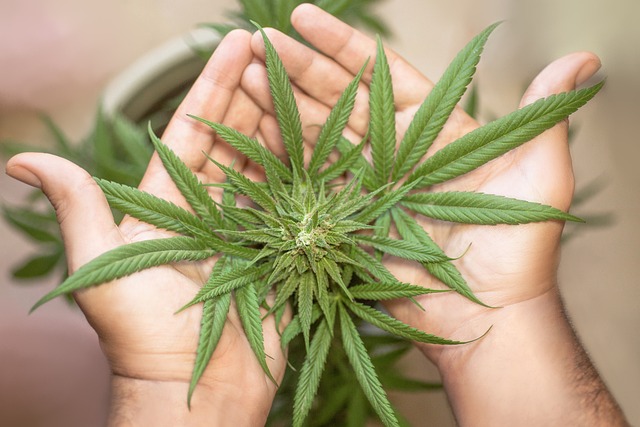
THCA, or Tetrahydrocannabinolic Acid, is a non-psychoactive cannabinoid found in raw cannabis plants that transforms into THC upon heating. Its legal status has garnered attention across various states, including North Carolina, where legislation has evolved to accommodate different forms of cannabis. As of the knowledge cutoff date, certain hemp-derived products containing less than 0.3% THC are legal under the 2018 Farm Bill and corresponding state laws. This has led to a surge in interest for THCA flower, which is often smoked or vaporized for its potential wellness benefits without the psychoactive effects associated with THC. The rise in popularity of THCA flower is attributed to its therapeutic properties, which users report include pain relief, anti-inflammatory effects, and mood enhancement, all without the high that characterizes THC-containing products.
The cannabis markets are rapidly expanding as public opinion shifts towards more accepting views on cannabis usage. North Carolina’s stance on cannabinoids like THCA reflects a growing trend of states legalizing certain forms of hemp and hemp-derived compounds for consumer use. Retailers and consumers alike are increasingly seeking out THCA flower due to its unique benefits and the fact that it is legally accessible in many regions where more traditional cannabis products are not. This burgeoning interest has spurred a rise in availability, with more strains and higher quality options becoming available for those looking to explore the potential of this cannabinoid. As the market continues to evolve, the demand for THCA flower is likely to grow, solidifying its position as a significant player in the cannabis industry.
Understanding THCA: The Non-Psychoactive Precursor to THC
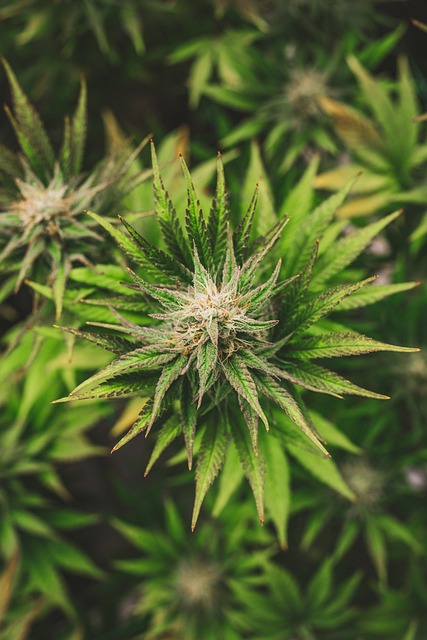
delta-9-tetrahydrocannabinolic acid (THCA) is a natural cannabinoid found in the Cannabis sativa plant, which is the precursor to the more well-known psychoactive compound delta-9-tetrahydrocannabinol (THC). While THCA itself does not induce psychoactive effects, it possesses a range of potential therapeutic properties that have garnered scientific interest. As researchers continue to explore its benefits, THCA has been associated with anti-inflammatory, anti-nausea, and anti-emetic qualities, making it an object of study for various health conditions.
In North Carolina, the legal landscape regarding THCA-rich products has evolved. As of this writing, hemp-derived products containing less than 0.3% delta-9-THC are legal under the 2018 Farm Bill and subsequent state legislation. This includes THCA, which is often present in raw or live cannabis flower before decarboxylation—the process that converts THCA into THC when heated. The interest in THCA has led to a market for raw cannabis flowers, where consumers can legally partake in products that contain the non-psychoactive compound without violating state laws. This has opened up new avenues for those seeking the potential health benefits of cannabinoids without the mind-altering effects associated with THC. As regulations and research continue to develop, the role of THCA in both legal and medical contexts is likely to become clearer.
Legal Landscape of THCA Flower in North Carolina: What You Need to Know
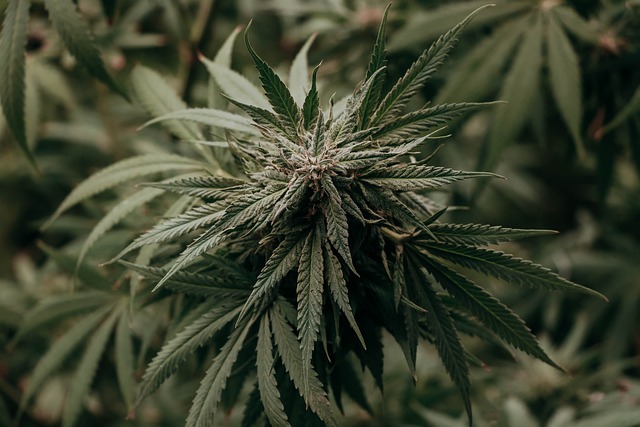
In recent years, the legal status of THCA flower has been a topic of interest and confusion within the state of North Carolina. As of the current knowledge cutoff date, tetrahydrocannabinolic acid (THCA) is legally permissible under the state’s hemp laws. The 2018 Farm Bill federally legalized hemp, which includes THCA, provided it contains less than 0.3% delta-9-tetrahydrocannabinol (THC) on a dry weight basis. North Carolina followed suit with its Industrial Hemp Program, allowing for the cultivation, possession, and sale of hemp and its derivatives, including THCA flower, under this threshold. It’s crucial for consumers to source their THCA flower from licensed growers and retailers to ensure compliance with state regulations.
Navigating the legal landscape for THCA flower in North Carolina requires a clear understanding of both state and federal laws. While the Farm Bill provided a national framework for hemp legalization, individual states have their own set of rules and stipulations. In North Carolina, the Department of Agriculture & Consumer Services oversees the Industrial Hemp Program, setting forth guidelines that must be adhered to by producers and processors. Consumers looking to purchase THCA flower should be aware of these regulations to ensure they are purchasing a legal product. It’s also important to stay updated on any changes in legislation, as the legal status of THCA and related products can evolve with new laws or amendments to existing ones.
The Science Behind THCA: Potential Health Benefits and Effects
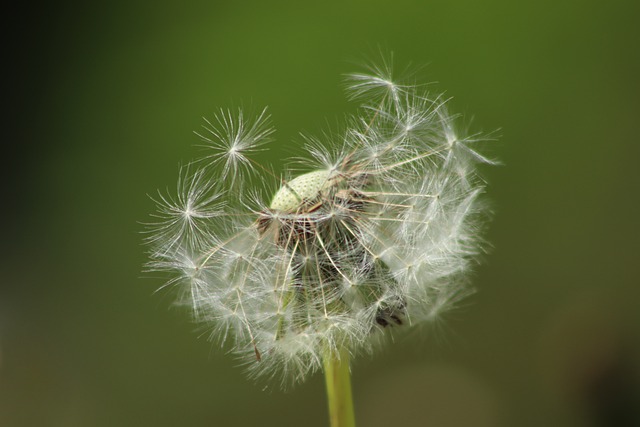
Delta-9-tetrahydrocannabinol (THC) is well-known for its psychoactive properties, but before it reaches this form, cannabis plants naturally produce tetrahydrocannabinolic acid A (THCA). THCA is the non-psychoactive precursor to THC and has been gaining attention for its potential health benefits. Scientific research suggests that THCA may offer therapeutic effects without the intoxicating effects associated with THC. Studies indicate that THCA could provide anti-inflammatory, anti-nausea, anti-emetic (relieving nausea and vomiting), and neuroprotective properties. These potential benefits are of great interest to researchers and those exploring cannabinoids for therapeutic purposes.
In North Carolina, where the legal status of THCA is evolving, there is a growing body of evidence supporting the exploration of THCA’s health benefits. The state’s hemp legislation allows for the presence of cannabinoid acids like THCA, provided they are derived from hemp with less than 0.3% THC on a dry weight basis. This legal framework enables consumers and researchers to engage with products containing THCA legally, as long as they adhere to state and federal regulations. As such, the scientific community continues to investigate how THCA might complement current healthcare approaches, offering new avenues for wellness and potential treatment of various conditions.
Sourcing and Quality Considerations for THCA Flower in North Carolina
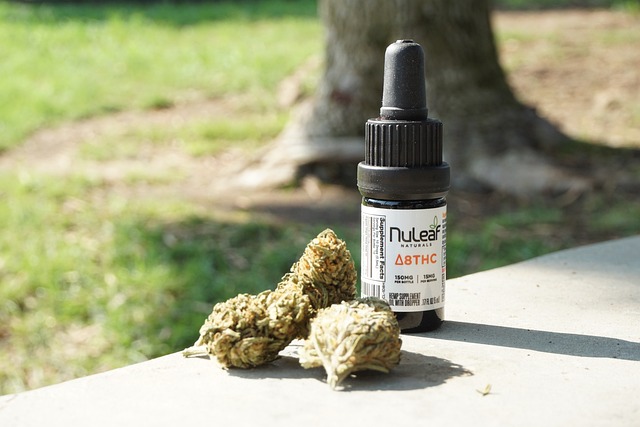
Navigating the market for THCA flower in North Carolina requires a discerning approach, given the specific legal landscape. As of the knowledge cutoff in 2023, THCA is legal in the state, provided it contains no more than 0.3% delta-9 tetrahydrocannabinol (THC) by dry weight, aligning with the federal legal definition of hemp under the 2018 Farm Bill. Consumers looking to source THCA flower must prioritize suppliers who adhere to state regulations and offer transparent sourcing practices. The quality of THCA flower can be influenced by a variety of factors, including cultivation techniques, strain selection, and post-harvest processing methods. North Carolina’s diverse climate and soil types can favor the growth of high-quality hemp, but it is crucial to verify that the product has been grown, processed, and tested within the state’s compliant framework. Laboratory testing is a non-negotiable aspect of ensuring the THCA flower’s purity and potency, with certificates of analysis (COA) confirming the cannabinoid profile and absence of unwanted contaminants. By focusing on reputable sources and verifiable quality assurances, consumers in North Carolina can confidently access high-quality THCA flower that meets both state and federal regulations.
Cultivation Secrets: Growing High-Quality THCA Flower Legally in NC
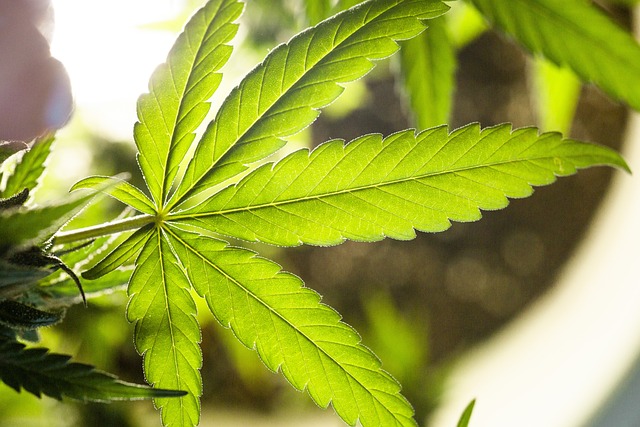
In North Carolina, cultivating THCA flower within the confines of the law requires meticulous attention to detail and a comprehensive understanding of the state’s regulations governing cannabis cultivation. The legality of growing THCA flower hinges on the Farm Bill, which legalized hemp and its derivatives, including THCA, containing less than 0.3% THC on a dry weight basis. To comply with North Carolina’s laws, growers must obtain licenses from both the state and the USDA, ensuring their operations adhere to stringent guidelines. The cultivation process demands a controlled environment that optimizes light exposure, temperature, and humidity to foster the robust growth of THCA-rich flowers. Employing high-quality, genetically verified cannabis seeds is crucial for yielding potent and legally compliant THCA flower. Additionally, soil health and pest management practices play a pivotal role in maintaining the integrity of the crop. Regular testing at various stages of growth ensures that the THCA levels remain within legal limits and that no unwanted THC exceeds the permissible threshold. This rigorous adherence to legal standards and cultivation best practices is essential for producing high-quality, compliant THCA flower in North Carolina.
Furthermore, understanding the nuances of the local climate and terrain is vital for successful cultivation. North Carolina’s diverse geography offers unique opportunities for outdoor grows in suitable microclimates. Indoor setups with advanced hydroponic or aeroponic systems can also yield high-quality THCA flowers, providing greater control over the environment to optimize plant health and THCA concentration. Growers must stay informed about the evolving legal landscape, as laws can change and impact cultivation practices. Engaging with local agricultural extension services and participating in state-sanctioned hemp programs can provide valuable insights and support for navigating these regulations effectively. By combining knowledge of local conditions, compliance with legal requirements, and advanced horticultural techniques, growers in North Carolina can successfully cultivate high-quality THCA flower within the bounds of legality.
THCA flower has emerged as a prominent figure in the evolving cannabis landscape, particularly within the legal confines of North Carolina. Its non-psychoactive nature, coupled with the promising potential health benefits it offers, has sparked considerable interest among consumers and industry enthusiasts alike. As the legal landscape for THCA continues to mature in the state, discerning consumers are encouraged to prioritize quality and legality when exploring this innovative product. With a growing body of research underscoring its therapeutic properties, THCA’s role in the cannabis community is set to expand, offering a unique and beneficial alternative for health and well-being. North Carolina’s cultivators, adhering to strict regulatory standards, are poised to meet this demand, ensuring that THCA flower remains accessible and of the highest quality within the state’s thriving market.
